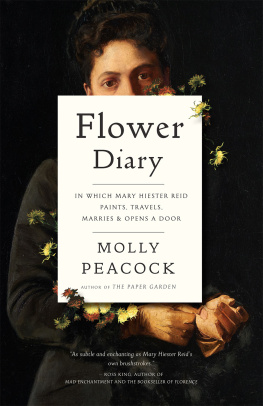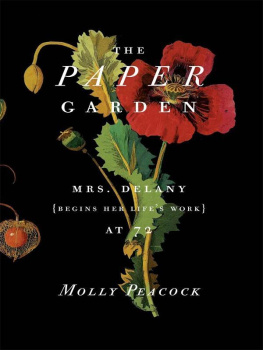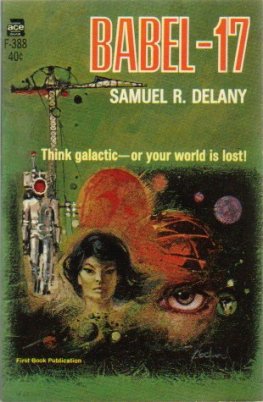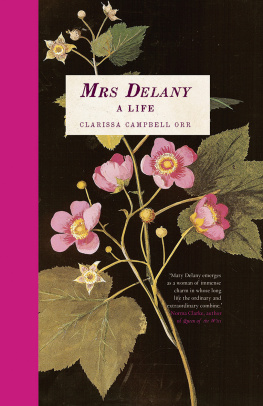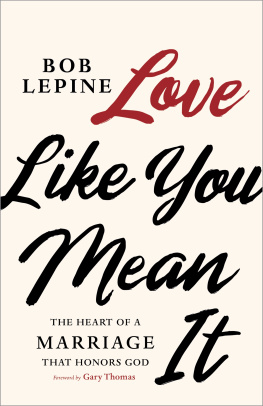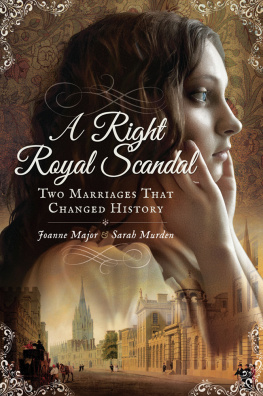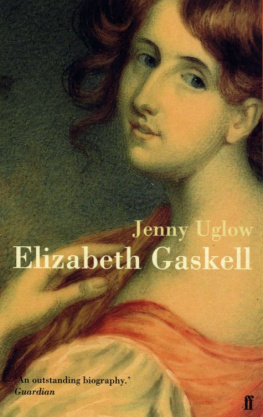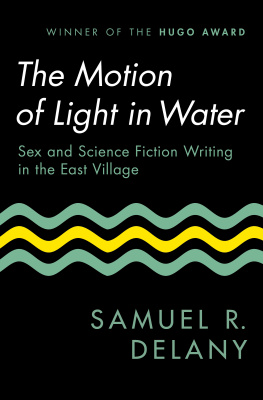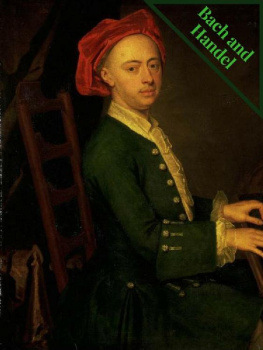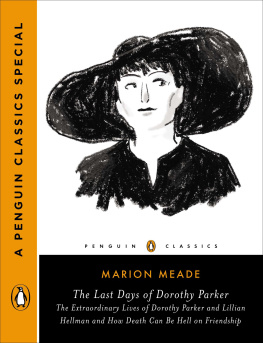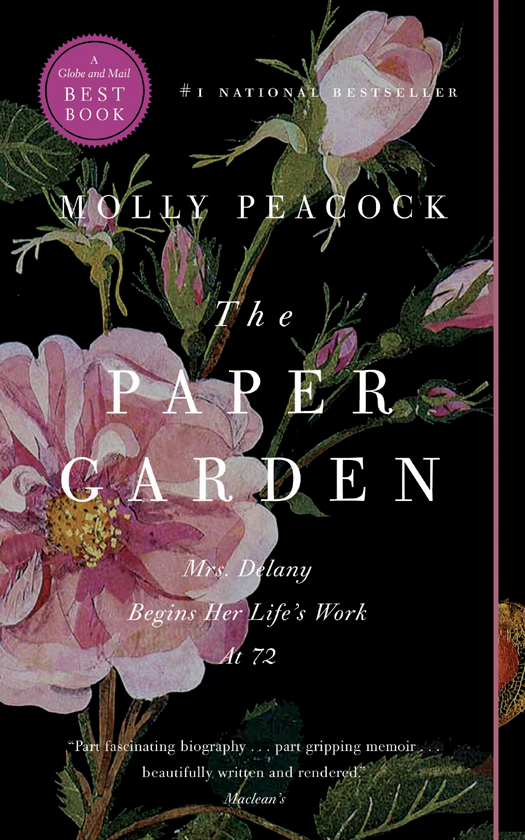
Further acclaim for Molly Peacock
and The Paper Garden
To scrupulous research [Peacock] brings poetic sensibility and structures her narrative in a way that echoes the flowers themselves. The result is as innovative a piece of literary craftsmanship as her subjects was artistic. Molly Peacock articulates her themes with grace and artistry. They are as elegantly introduced and intertwined as ribbons on a Maypole. As I closed this beautifully designed book with its exquisite reproductions and sensuous paper, one word came to mind and has remained with me ever since: amazing.
Literary Review of Canada
Wonderful and markedly unusual. This is a unique book, one even more remarkable than Mrs. Delany herself.
George Fetherling, in Quill & Quire
A winsomely unorthodox ode to Delany that is part biography, part miniature coffee-table book and part memoir.
Toronto Star
[A] remarkable biography.
More magazine
If you were to dream up the perfect gift for the hardcore book lover, it would look a lot like The Paper Garden. [It is] more than a beautiful glimpse at Delanys very interesting life (among other things she dined with Jonathan Swift and fended off Lord Baltimore) but a considered and shared contemplation on art and creativity. Just beautiful the biography of an interesting and creative woman [and] the memoir of another. Finally, it is a celebration of shared creativity.
January magazine
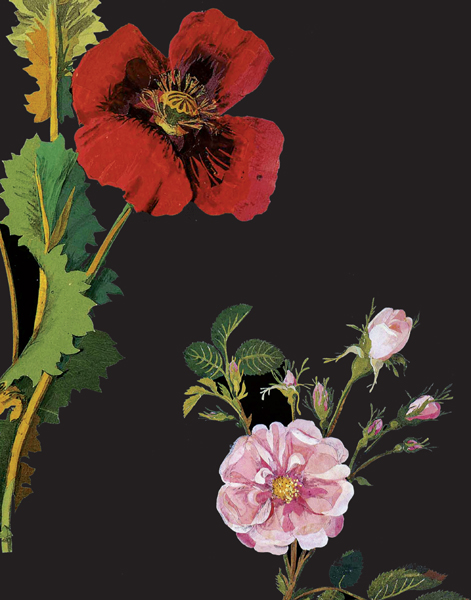
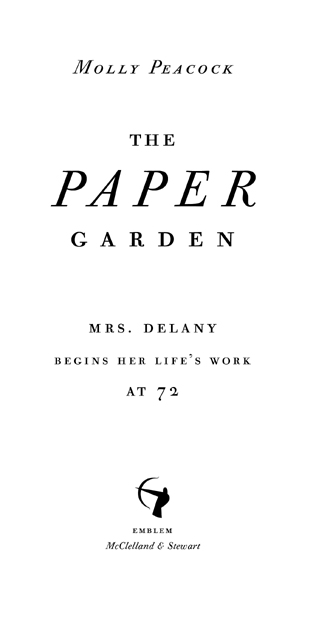
Copyright 2010 by Molly Peacock
Cloth edition published 2010
Emblem edition published 2011
Emblem is an imprint of McClelland & Stewart Ltd.
Emblem and colophon are registered trademarks of McClelland & Stewart Ltd.
All rights reserved. The use of any part of this publication reproduced, transmitted in any form or by any means, electronic, mechanical, photocopying, recording, or otherwise, or stored in a retrieval system, without the prior written consent of the publisher or, in case of photocopying or other reprographic copying, a licence from the Canadian Copyright Licensing Agency is an infringement of the copyright law.
LIBRARY AND ARCHIVES CANADA CATALOGUING IN PUBLICATION
Peacock, Molly, 1947
The paper garden : Mrs. Delany begins her lifes work
at 72 / Molly Peacock.
eISBN: 978-0-7710-7043-3
1. Delany, Mrs. (Mary), 17001788. 2. ArtistsEnglandBiography. 3. CollageEnglandHistory18th century. 4. Flowers in art. 5. Creative ability in old age. 6. Creation (Literary, artistic, etc.).
I. Title.
N 6797. D 44 P 43 2011 702.812092 C 2011-902050-5
We acknowledge the financial support of the Government of Canada through the Book Publishing Industry Development Program and that of the Government of Ontario through the Ontario Media Development Corporations Ontario Book Initiative. We further acknowledge the support of the Canada Council for the Arts and the Ontario Arts Council for our publishing program.

McClelland & Stewart Ltd.
75 Sherbourne Street
Toronto, Ontario
M5A 2P9
www.mcclelland.com
v3.1
for
Michael Groden
Ruth Hayden
Augusta Hall, ne Waddington (180296)
Ruth McMann Wright (18961976)
Pauline Wright Peacock (191992)
&
all those for whom its never too late
How can people say we grow indifferent as we grow old?
It is just the reverse
Mary Delany to her sister, Anne Dewes,
Dublin, July 7, 1750

The career of flowers differs from ours only in inaudibleness.
I feel more reverence as I grow for these mute creatures whose
suspense or transport may surpass my own.
Emily Dickinson to her cousins
Louise and Frances Norcross,
ca. April 1873
CONTENTS
An intriguing, evocative aesthetic experience. A lyrical, meditative rumination on art and the blossoming beauty of self that can be the gift of age and love.
Kirkus Reviews
This lovely bio by a noted poet speaks to the creative impulse in all of us.
Good Housekeeping
Chapter One.
S EEDCASE
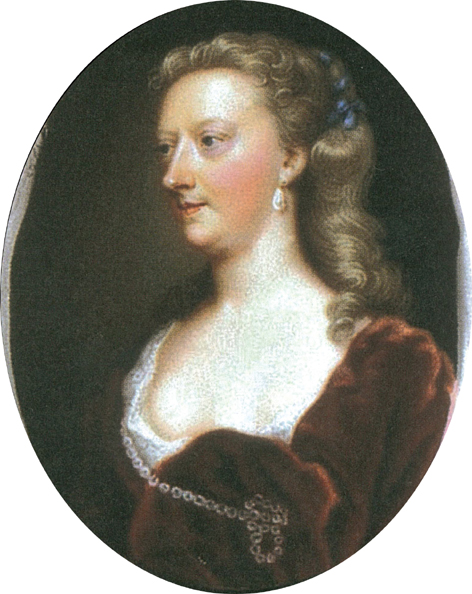
Portrait of Mary Granville Pendarves (later Delany) in gold box, by Christian Friedrich Zincke, ca. 1740
Imagine starting your lifes work at seventy-two. At just that age, Mary Granville Pendarves Delany (May 14, 1700April 15, 1788), a fan of George Frideric Handel, a sometime dinner partner of satirist Jonathan Swift, a wearer of green-hooped satin gowns, and a fiercely devoted subject of blond King George III , invented a precursor of what we know as collage. One afternoon in 1772 she noticed how a piece of colored paper matched the dropped petal of a geranium. After making that vital imaginative connection between paper and petal, she lifted the eighteenth-century equivalent of an X-Acto blade (shed have called it a scalpel) or a pair of filigree-handled scissors the kind that must have had a nose so sharp and delicate that you could almost imagine it picking up a scent. With the instrument alive in her still rather smooth-skinned hand, she began to maneuver, carefully cutting the exact geranium petal shape from the scarlet paper.
Then she snipped out another.
And another, and another, with the trance-like efficiency of repetition commencing the most remarkable work of her life.
Her previous seventy-two years in England and Ireland had already spanned the creation of Kew Gardens, the rise of English paper making, Jacobites thrown into the Tower of London, forced marriages, womens floral-embroidered stomachers, and the use of the flintlock musket all of which, except for the musket, she knew very personally.
She was born Mary Granville in 1700 at her fathers country house in the Wiltshire village of Coulston, matching her life with the start of this new century, one that would be shaped by many of her friends and acquaintances. She would see the rise of the coffee house (where she took refuge on the day of the coronation of George II ) and of fabulously elaborate court gowns (one of which she designed). She would hear first-hand of the voyage of Captain Cook (financed partly by her friend the Duchess of Portland) and be astounded by that voyages horticultural bonanza (instigated by her acquaintance Sir Joseph Banks). She would attend her hero Handels Messiah. She would share a meal with the soprano Francesca Cuzzoni and read in a rapture Samuel Richardsons epistolary novel


